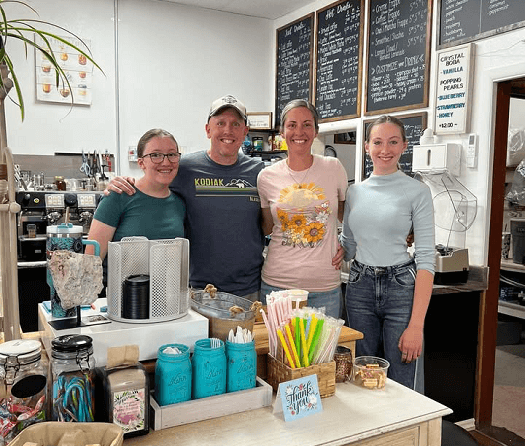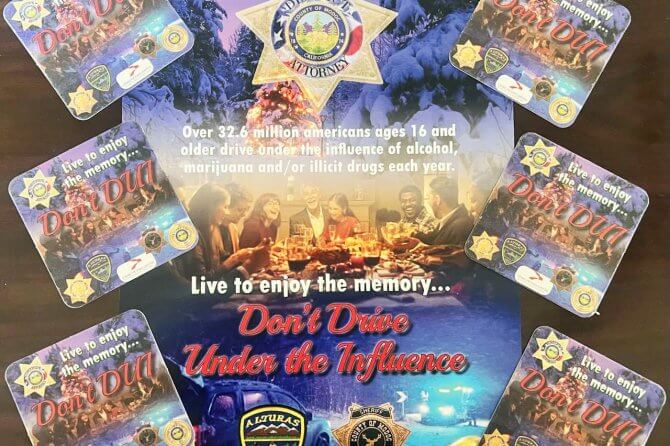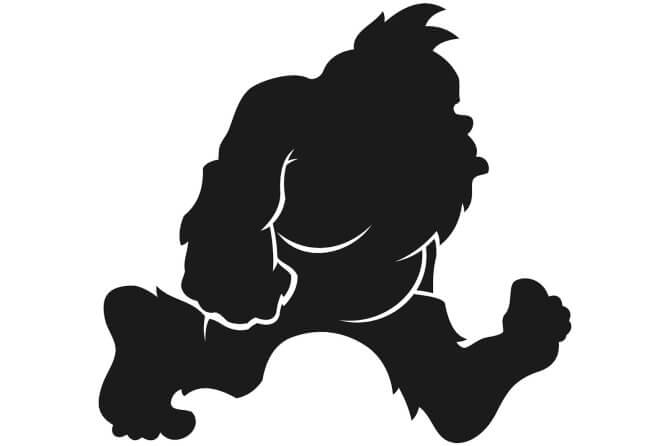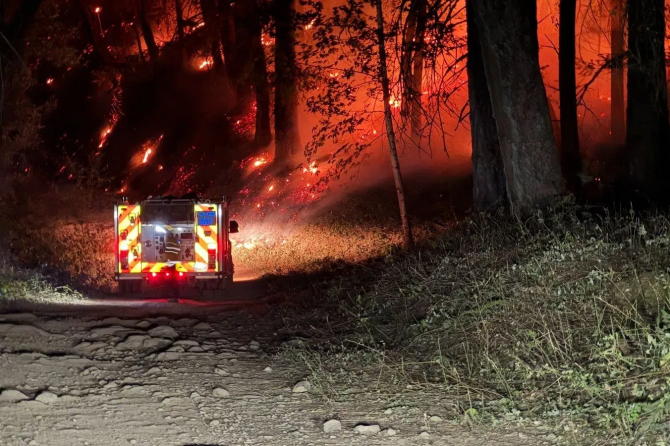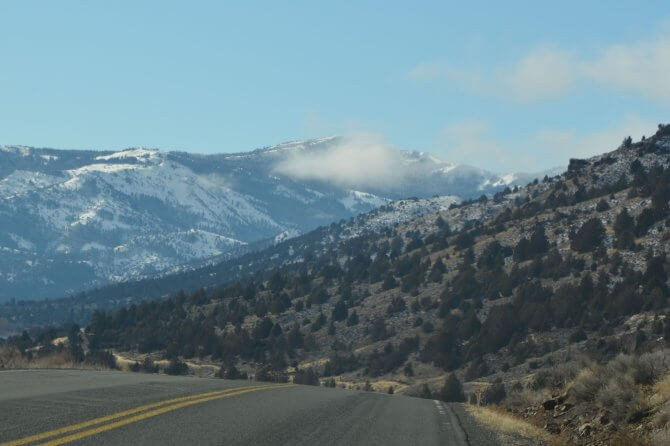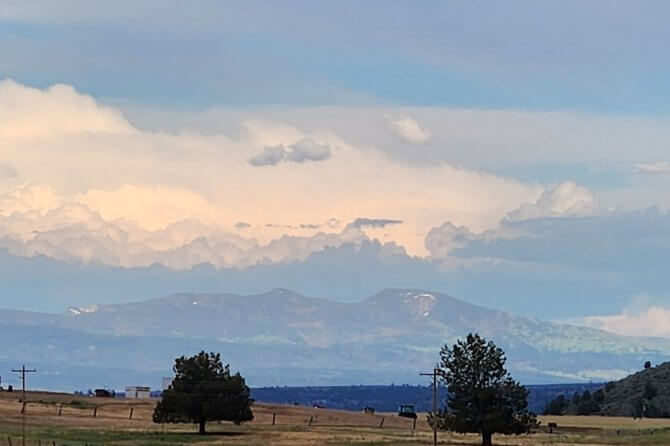Vera Drew on Crafting a Trans Supervillain and Creating Comedy Chaos
The People’s Joker is an explosive queer coming-of-age superhero parody and so much more. I spoke with the co-writer and director of the film, Vera Drew, about knowing when to stop tinkering with a movie, how to craft a trans supervillain, comedy Freemasons, and meeting the mayor of Wichita dressed like a unicorn.
This brilliant and hilarious film is playing at the American Cinematheque until May 9, with a special Q&A on May 3. It will also screen at the Alamo Drafthouse.
The film features cameos from comedy multi-hyphenate Tim Heidecker, award-winning actor Bob Odenkirk, Maria Bamford (Netflix’s Big Mouth, Adult Swim’s Teenage Euthanasia), and Scott Aukerman (Between Two Ferns with Zach Galifianakis co-creator and host of the Comedy Bang! Bang! podcast), with Vera Drew, Lynn Downey (Amazon Prime Video’s Daisy Jones & The Six),Nathan Faustyn (SADDLED), and Kane Distler, in his film debut.
Dolores Quintana: I’m not going to say that the movie wasn’t funny when I watched it by myself, but it was a different experience when I watched it with a crowd of people.
Vera Drew: I’ve always considered it a movie that should be viewed with a group of people. One of the biggest inspirations from the movie is Hedwig and the Angry Inch, which is one of my favorite queer coming-of-age films of all time. But it is also a midnight movie. I think I was really, and it’s a little gauche to say, I was trying to make a midnight movie.
Dolores Quintana: I’ve heard from several artists; some are musicians and directors. But they always say that sometimes, it’s just so hard to stop tinkering because you’re pursuing that type of perfection of your vision. They said that you might think so, but I could add this and change that. They also say that your perspective changes over time.
Vera Drew: So many of the conversations in the movie are just based on real-life conversations that I’ve had. I also think that filmmaking in and of itself feels impossible. Making a movie so hard. I think being an artist is a struggle. That makes it hard to stop working on something because I’m a human being making a film. I’m not a spiritual entity making a full actual Universe. I think it’s that you meet your limitations of humanity. You realize how you are not God when you’re making a movie.
Dolores Quintana: I’ve been fascinated with the creation process, where people get the ideas, and how inspiration tells you, “Okay, this would be the best thing to do at this point in the movie. You should just have the hunter-seeker spy machine drop right on this person’s head.” Because that would never happen in real life because, thankfully, those things don’t exist.
Vera Drew: Yet.
Dolores Quintana: That’s right. They don’t exist yet. But that’s been one of my fascinations. But it’s gotta be tough as a creator to do just like hit a wall and think, “Oh, wow, I can’t do that. I can see this in my mind. But how am I going to get there?”
Vera Drew: When Bri LeRose and I were writing the script, I had a movie that I had started writing the year before we wrote The People’s Joker that had a lot of these themes wrapped up in it. When it became a Joker parody, there were even more themes that bubbled to the surface. There was so much we wanted to tell, and it was such a big story because the story is my life story and Bri’s, too. It’s both of us. I love how David Lynch talks about ideas. He gets misinterpreted all the time as being megalomaniacal or rigid about sticking to his original idea. You’ll hear him talk about sticking with that original idea. But he’s right.
Dolores Quintana: That’s one of the funniest things about the film because people just see this happening, and I think their brains are kind of brainwashed by the MCU and the DCEU to expect certain things. When they don’t see them at first, they’re like, huh? But then it becomes funny to them. Because the longer they watch, the more they start to recognize things they already know and accept in superhero films. It makes it easier, in a way, for people to allow the ideas of the film into their brains.
Vera Drew: I’m glad you brought it up like that because putting the trailer out there has been interesting. It was very interesting because it’s a movie where I’ll be scrolling through Twitter. I’ll have one person calling me a genius who made a masterpiece and another saying that I’m a groomer and that I should get sued and financially ruined by Warner Brothers.
I’ll never forget we screened it at a festival in Kansas, which was amazing. It was such a fun experience. I met the mayor of Wichita that day, got a photo op, and was dressed like a unicorn. It was really weird.
But I was outside while the movie was playing, and this older man walked out and was vaping. He recognized me, of course, because he had been watching the film. He said, “I just needed to take a break.” I was like, “Hey, that’s fine.”
Vera Drew: More than anything, it is a love story between Mr. J and Joker the Harlequin, but it’s also a story about mothers and daughters. That’s why I dedicated it to my mom. Really, how do you heal from that kind of dynamic when it is as dysfunctional as what we show in the movie?
Dolores Quintana: I think those are some of the most successful movies. I think there’s a weird viewpoint that everything has to be very cut and dried in films about structure: first act, second act, third act, arc of the character, blah, blah, blah, blah. And who cares? You’re making your own movie; why don’t you do it your way?
Vera Drew: But then the audience sees it. I can’t tell you how many things in the movie I thought, “That’s too crazy. That’s a crazy specific thing that I’m including that nobody will ever relate to except for me.” But all of those moments—I’ve had the experience of watching them resonate with people, both cis audiences and trans audiences and everybody in between. It’s quite cool.
Dolores Quintana: I don’t think you can make movies with the idea, in my opinion, that you’re going to appeal to certain people. You just have to do what seems right, and people will gravitate towards it.
Vera Drew: I think generally that audiences don’t even necessarily know that that’s what they want. I know audiences are fed up with movies and where mainstream films are at. It’s hard getting people to go to theaters to see indie films because people are so sick of the big mainstream projects. I think the real problem is those movies are dumbed down too much. They’re tested. They do test screenings that change the artistic voice in a million different ways. So, by the time it gets to the public, it’s for nobody. They tried to make it for everybody. So now it’s for nobody.
I knew we were throwing a little bit of a Molotov cocktail at something and would be doing it in a way that wouldn’t be for everybody.
Dolores Quintana: You did a great job with that, in particular, framing it within that specific arena. A lot of people are going to be able to vibe with it once they watch it. It’s going to mean something to them whether they are trans, especially if they’re trans or LGBTQ, but I also think some cis people are going to react positively as well because there are many things that they could relate to in it.
Vera Drew: After our very first screening at The Toronto Film Festival, this middle-aged woman came up to me after the screening, and she was crying. So, at first, I thought, “Oh, God, what is this gonna be?” This middle-aged cis woman asked me, “Can I hug you?” I said,” Sure.” We hugged, and she said,” I don’t know how to articulate what I just saw. I feel like I understand how to talk to my daughter more now, having watched this movie tonight.” She has a trans daughter. I never thought that [would happen]; I made the movie to process my complicated relationship with my cis mother. I never thought I’d have a mother of a trans woman come up to me and say, “Thank you for making this.” I think we live in a time where even if people aren’t queer, their experience is pretty queer. Many people in the States especially feel very left behind right now. I’ll see trans people and queer people all the time say things like, we should be talking about queer joy. Does every piece of queer art need to be trauma porn? I’ve even gotten criticism about how you could make the Joker a trans woman. The Joker is a murderer, and you think that’s going to help trans women? I think I made a movie with a queer villain, and I live in a country where queer people are villainized every single day.




